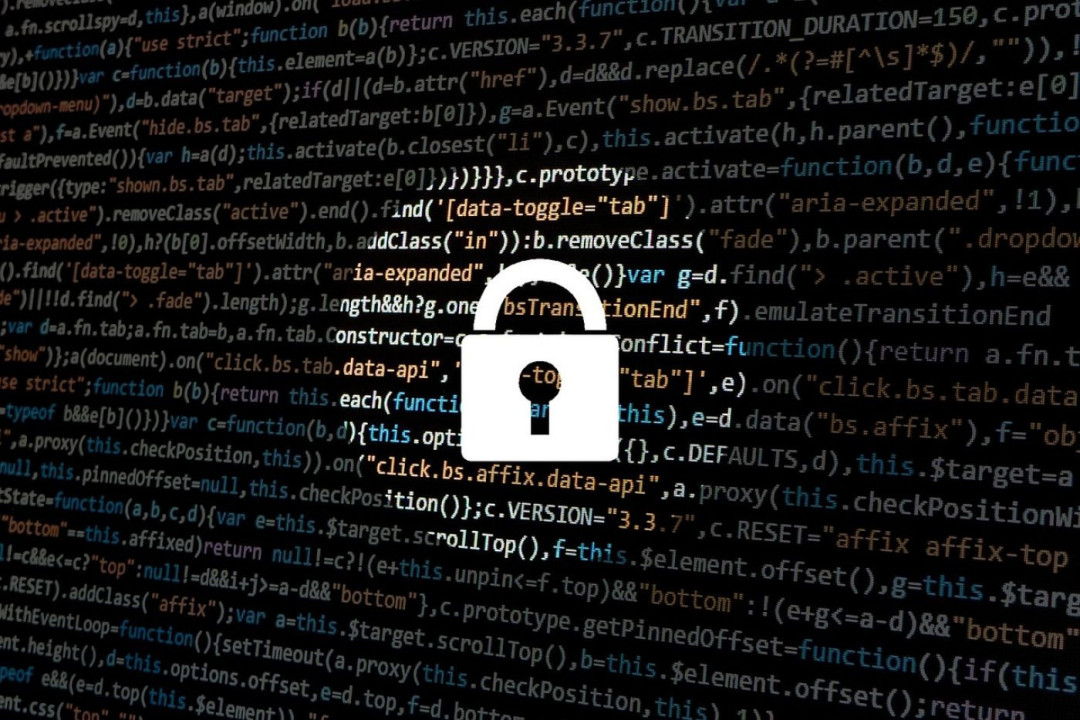We live so much of our lives online these days that it’s easy to slip up at times and compromise your security. But with important data like our identities and bank accounts accessible online, protecting your online privacy is more important than ever.
Close Old Accounts
Chances are, you have a lot of online accounts. Perhaps a product you ordered long ago required you to sign up for an account. You probably haven’t even thought about that account in a long time. But it’s those aging accounts that can be the most vulnerable to hacking. With outdated passwords and often lax security measures, old accounts are easy targets. So take a walk down memory lane and see how many old accounts you can shut down. Keeping your number of active accounts to a minimum will help protects the accounts you keep.
Use a Password Manager
We may have lots of accounts, but often, we have far fewer passwords. Of course, remembering a unique password for each site you log into would be quite a mental feat. So most people resort to reusing passwords for multiple accounts. But the more accounts share a password, the easier it is for hackers to infiltrate your accounts. If they can hack into any one of your accounts, they gain access to all the other accounts with a shared password.
A password manager creates a unique, super-strong password for each account you have online. Then, it stores those passwords, so you don’t have to remember them. You simply log into the password manager with a single password, and it populates the password fields of all the sites you use.
Add Two-Step Verification
Many sites now offer two-step verification. With two-step verification, even if a hacker is able to steal or crack your password, they still can’t get into your account. Entering the correct password triggers another step in the login process. Usually, that’s a one-time code sent as a text message to your phone. Then you have to enter the code to access your account. So unless someone has access to both your password and your phone, they won’t be able to break into your accounts.
Keep Your Software Up to Date
The most common reason for an update isn’t new features, it’s security improvements. When a piece of software has been out in the wild for a while, hackers and security experts may begin to find loopholes they can use to access your information. When that happens, the makers of the software release an update that includes a patch for the loophole. But if you don’t update, you could be running software with known weaknesses. In some cases, updates may include new security features to make software harder to hack even if no specific loopholes have been found. So keeping your software up to date is one of the most effective ways of keeping out bad actors.
Luckily, many applications now have options for automatic updating. If that’s the case, make sure that auto-update is activated on your applications. And continue to be on the lookout for other applications that may need manual updating.
Secure Your Phone
Our smartphones are a gateway to many of our accounts. In fact, many of us stay logged into private accounts on our phone. It’s a convenient way to keep your data accessible, but it poses some risks. If your phone is stolen, a thief could access any of your open accounts and even change passwords. However, there are some easy ways to keep your phone more secure.
First, make sure your phone is set to lock whenever you turn off the screen. The best lock is a PIN—as opposed to a gesture—because PINs are harder to crack. If you use a gesture to unlock your phone, be sure to clean the screen regularly to avoid smudge marks that give away your unlock pattern.
Next, make sure that you have your phone set up for remote wiping in case it is stolen. Remote wiping makes it possible to completely clear your phone of all personal data through an online service, without direct access to the phone.
Finally, just be careful with your phone. Phones are easy to conceal, which makes them easy to steal. Make sure you always know where your phone is. If you are in a public place and need to get up to use the restroom, take your phone with you or keep it in your bag.
Remember, keeping your information safe online isn’t hard if you follow the right steps. Criminals are always looking for information to steal, but the harder you make it to steal your information, the more likely they are to look elsewhere.

